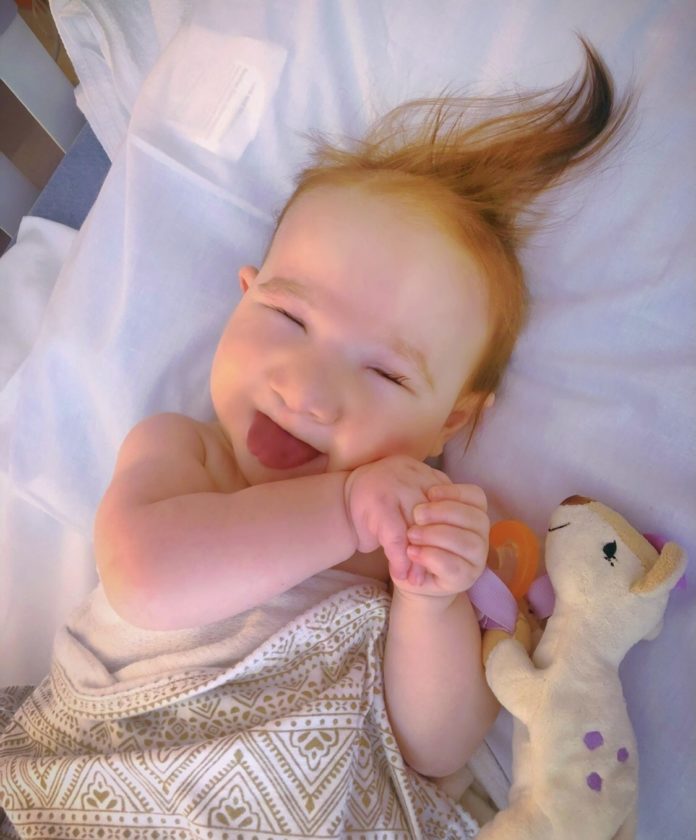“She is my husband’s twin. My husband is a ginger. And my son, who is two years older than Darby was, he is more like a blonde. So we each got our twin.” Cindy Rubin is affectionately describing her children, Darby and Dylan, marveling as all mothers do about the unexpected traits they have of their parents and family lineage. Rubin’s second child, Darby Jean, was diagnosed with Trisomy 13 while still in utero in 2017 and miraculously lived beyond all expectations for 15 months and passed away November 19, 2018. Darby had a glorious head of beautiful red hair. “She was absolutely the most beautiful baby,” says her mother, “nothing like they predicted when they gave us the diagnosis. They said she would be disfigured and she would be stillborn or wouldn’t live a day. But she was nothing like they described.” The truth that Rubin wants people to understand is that Western medicine can’t really say how it’s going to go in situations like these; a dire diagnosis where the child is deemed “incompatible with life”, a label that ended up being a very real barrier to many life-improving services and resources for her.
Their journey began with a diagnosis that no parent ever wants to receive and the very difficult decisions that come next. “It’s a devastating bit of information,” Rubin recalls, “it’s a moment I will never forget. And they just don’t have answers for you so you are left feeling despair. We didn’t know what questions were missing and so we didn’t realize how much information we had yet to learn and dissect, which turned out to be 15 months of just learning and advocating for her.”

Unfortunately and surprisingly, the family came up against barriers in the system that, in retrospect, Rubin realizes were unnecessary and defeating. “Trying to get services for her was met with one roadblock after another. I would ask questions like “when can we bring her home? Can we get medical grade equipment for her?” And doctors would say, “well, she’s not going to live.” The family continued to ask questions reasoning that as long as she was alive they would need to take care of her, but there simply was not protocol in place for a scenario where a child like theirs would live past a few hours or days. But Darby did. She was in the NICU for 19 days and was cleared to be discharged with hospice care. Once again with the expectation she would not survive long outside of the NICU. The hospice care at home consisted of one nurse visit a week.
For six months Darby survived and thrived at home with only the hospice nurse visits. The family did their best every day to love and care for their daughter, knowing their time was limited and relishing all her coos and smiles, all the while constantly monitoring her breathing which is the major concern for babies with her condition. But after six months they no longer qualified for hospice care. “They left us high and dry with no safety net,” says Rubin, still incredulous at the thought, “from six months to eight months, we had no safety net. We were on our own.”
Fortunately for Rubin, she had worked for LA County and was able to make some calls and ended up connecting with Elizabeth Spencer, Director of the Westside Family Resource and Empowerment Center.. Spencer became invaluable to the family as their advocate and friend, even coming over to watch Darby when the couple was exhausted. Spencer was instrumental in getting a round table with the ombudsman at Kaiser medical center and representatives of the Eastern Los Angeles Regional Center to ask for a special state waiver that would enable them to get medical grade equipment in their home. “If I didn’t know the right people and have some knowledge of the system and had the ability to write a good letter and to advocate for my family, we would have been in dire straits,” explains Rubin.

The couple was then able to turn their living room into a miniature hospital for Darby. The state waiver gave them approval for the state to pay for in home nursing, medical equipment like oxygen and a pulse oximeter – all they needed to sustain their daughter. But until that point, the couple had been on their own, barely sleeping, providing 24 hour care. Rubin’s husband, Jon, left his job to care for the baby full-time, while Rubin continued to work, relieving her husband when she got home. “I thought why didn’t we have all of this from day one? We struggled for eight months, we lost a year of income – we lost so much. And it shouldn’t have been that way.”
At 15 months old, Darby stopped breathing. “Some days were great days,” says Rubin, “some days I was doing CPR on her. The night she passed I had given her a steam bath because she was congested. I noticed she was wheezing but I didn’t think it was going to be heart failure. But within an hour the nurse was banging on my door yelling that Darby had stopped breathing. It wasn’t necessarily expected but we did know we were on borrowed time.”

About a year after Darby passed, a heartbroken Rubin was trying to find some purpose when Spencer reached out to ask if she would tell her story before the ICC and help families like hers. Members of the State Interagency Coordinating Council for Early Start Interventions are appointed by the Governor. All agencies comprise a council of parents of children with disabilities, early intervention service providers, health care professionals, attorneys, special education , regional centers, legislative representatives and any others interested in early intervention. Rubin flew to Sacramento and spoke before the ICC in January of 2020. “I spoke from my heart. It was the hardest thing I’ve ever done,” says Rubin. “I was so nervous, but also very emotional. I brought pictures of Darby and they gave me the floor for 15 minutes. Ultimately I looked up from giving my presentation and there was not one dry eye in the room – even men were crying.” Afterwards, these state officials embraced Rubin, telling her that they support anything she wants to do. And what she is proposing is Darby’s Legacy Law, which will be distributed to every agency, medical and regional center in the state of California – and the next step will be the proposal for the law change whereby children born with a rare medical condition will automatically qualify for status two level services, which is what the Rubins achieved by getting the state waiver. “So there would be no more waiting game, regardless of what insurance a child is born under, whether private or public, these children deserve every opportunity from the moment they are born because there is no time to waste,” says a passionate and emotional Rubin. “It’s imperative to educate every case manager, every discharge planner, every regional center family coordinator on what the four basic state waivers are that children with conditions can qualify for. What I’m proposing is there has to be a mandatory type of curriculum and educational component to these positions so that they know how to navigate a family through having a child with a medically fragile condition. The fact that we qualified from day one and didn’t receive anything until we advocated for that meeting eight months later is unacceptable. Four years later and I am still in touch with the Trisomy community of families who are still struggling with this. It just needs to stop and the system needs to change.”
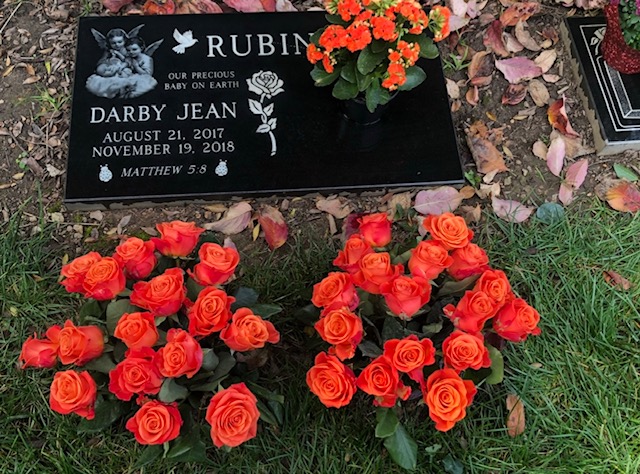
Indeed Rubin wants Darby’s story to be a catalyst for change so that families – even those with the direst diagnoses – feel supported and receive the resources they need. Rubin’s next step is to present again in Sacramento before the ICC to request formal legislation as a direct pathway from the document created by Darby’s Legacy Ad-Hoc Committee over the last three years of convening. Says Rubin, “the most positive yet righteous outcome that can come from our entire experience of losing our daughter and the constant system barriers and failures that we faced would be to create formal legislation for other families here in California. We are honored to give our daughter’s name for this cause.”

In June of 2022, Rubin reached out to her friend and local singer/songwriter, Maria Taylor, to ask if she would consider writing a song in memory of Darby. “My vision was to have a song that I could incorporate into the slideshow of my statewide presentations.” The two had met when their children were in St. James pre-school together. Taylor was honored and two months later the song “Darby Jean” was born. “I have chills every time I listen to the beautiful song she created. I love the fact that she included our son Dylan’s name into the song. It makes me emotional and truly, Dylan is an unsung hero in all aspects of our journey. He was Darby’s loving and brave big brother and was so patient with my husband and I when we couldn’t give him all of our time and attention due to how much it took to take care of Darby. He literally was the champion in the dark and so for Maria to include his name in the song was perfect and deeply appreciated by all of us. We are so grateful to Maria and Ryan for their music and friendship.”
You can watch the video at https://www.youtube.com/watch?v=12-GZX83YxU
Watch this space for updates on how to support Darby’s Legacy.





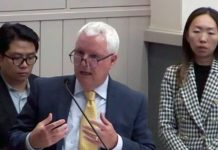
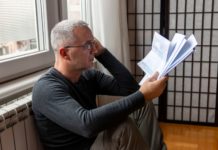
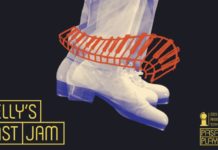



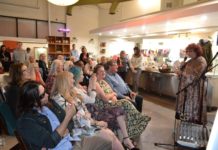


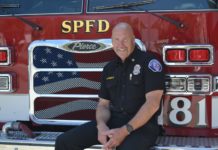
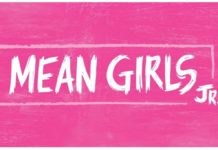




.png)




